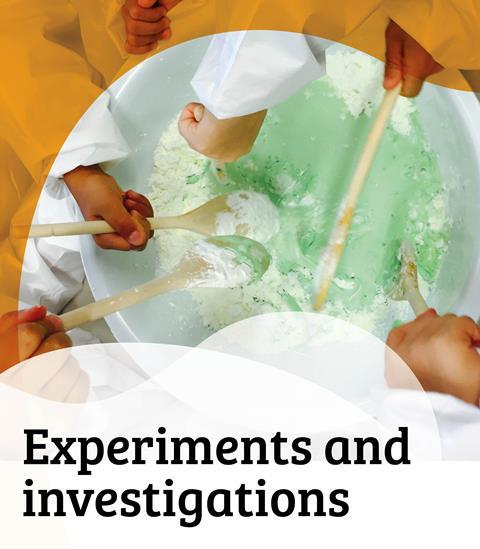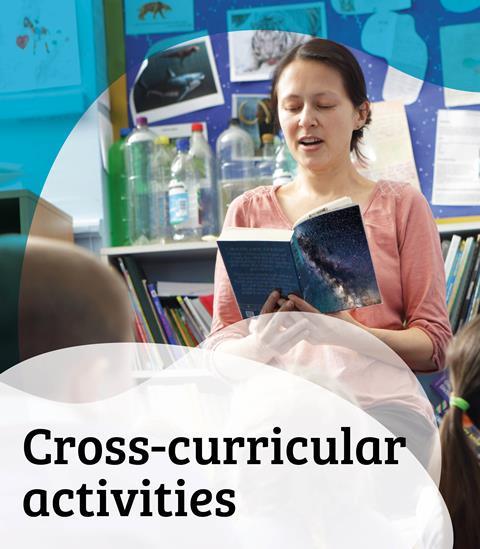Use this document when planning schemes of work or when looking for resources that are related to specific national curriculum statements. The document, for primary science teachers in Wales, maps resources to statements from Science in the National Curriculum for Wales (key stage 2). Click the framework statement to access the resources and use with your class.
Royal Society of Chemistry resources aligned to Welsh national curriculum for key stage 2 science
Use this document to help you find relevant resources for teaching the fundamental topics of chemistry in the Welsh national curriculum.
To support Welsh teachers of key stage 2 chemistry, we have analysed the Welsh national curriculum and identified the four statements that are relevant to chemistry (all from ‘The Sustainable Earth’ topic). We have linked each of these chemistry-relevant statements to a number of relevant resource groupings. For each of these resource groupings we have curated resource collections, to support you in identifying the most appropriate resources and using them with your class.
To access support for teaching around a specific statement, locate the statement below, and review our resource groupings. Then click the relevant resource groupings to access our resource collections.
Topic: The sustainable Earth
Relevant statements:
3. A comparison of the features and properties of some natural and man-made materials
|
Resource groupings: Compare and group together materials according to whether they are solids, liquids or gases. Demonstrate that dissolving, mixing and change of state are reversible. |
4. The properties of materials relating to their uses
|
Resource groupings: |
5. How some materials are formed or produced
|
Resource groupings: Describe in simple terms how fossils are formed when things that have lived are trapped within rock. Recognise that soils are made from rocks and organic matter. |
6. A consideration of what waste is and what happens to local waste that can be recycled and that which cannot be recycled
|
Resource groupings: |
These tables contain public sector information from Science in the National Curriculum for Wales (© Crown copyright 2008), the Scottish Curriculum for Excellence (© Crown copyright 2012) and the English key stage 2 science sampling test framework: national curriculum tests from 2016 (© Crown copyright 2015), licenced under an Open Government licence v3.0.
Additional information
Image copyright Shutterstock.









No comments yet